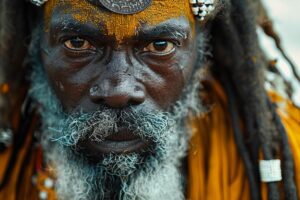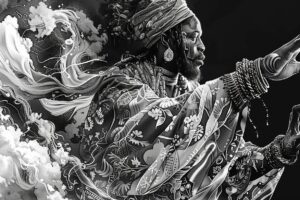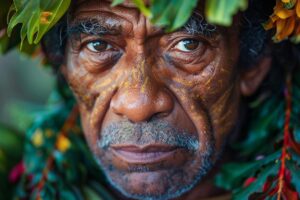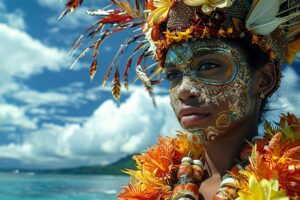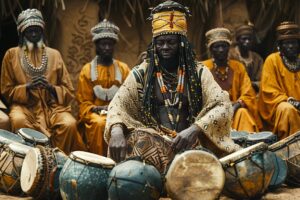Who Is Ifa God: Exploring the Ancient Tradition of Ifá Divination in Yoruba Culture
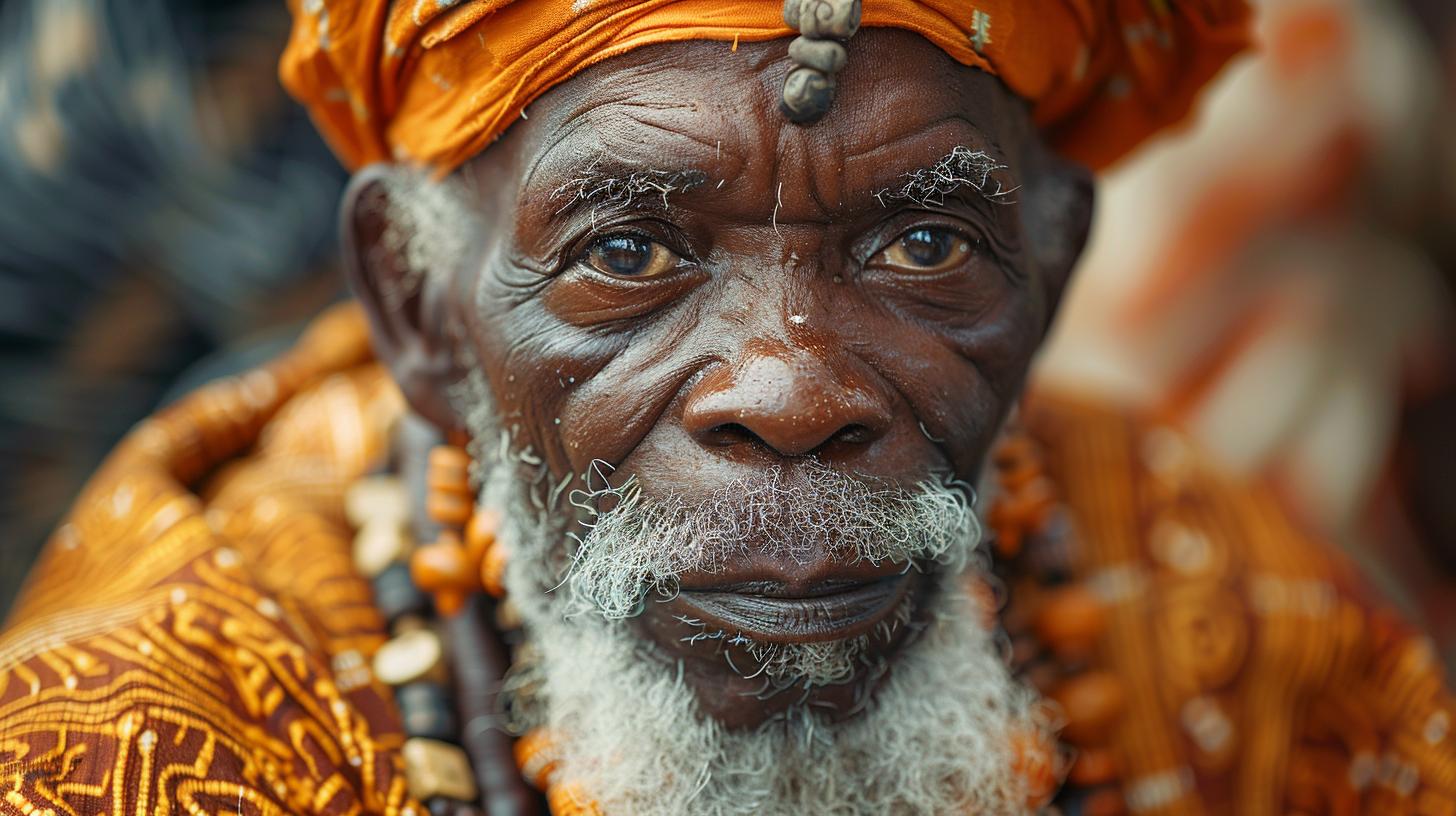
Ifá, an ancient system of divination from Yoruba culture, plays a crucial role in guiding individuals and communities. Orunmila is central to the practice of Ifá, utilizing texts and formulas for spiritual counsel.
Ifá’s significance extends beyond Yoruba culture, impacting African communities and the diaspora, including Santería. The UNESCO recognition of Ifá in 2005 underscores its cultural and spiritual value, demonstrating its enduring relevance today.
Exploring the Origins of Ifá Divination
Ifá divination holds a rich history deeply rooted in the traditions of the Yoruba people in West Africa. The practice of Ifá revolves around seeking guidance and wisdom from the spiritual realm through divination methods.
The Historical Roots of Ifá
The historical origins of Ifá divination can be traced back to ancient times in Africa, specifically to the region of Ilé-Ifẹ̀. It is believed that Orunmila, a prominent figure in Yoruba religion, founded the system of Ifá divination to provide spiritual insight and guidance to individuals and communities.
The teachings of Ifá have been passed down through generations, preserving the wisdom and knowledge of Orunmila and the spiritual practices associated with Ifá. The historical roots of Ifá provide a glimpse into the cultural significance and spiritual depth of this ancient divination system.
The Role of Orunmila in Ifá
Orunmila plays a central role in the practice of Ifá divination, acting as a mediator between the human realm and the spiritual domain. As a revered deity in Yoruba culture, Orunmila is considered the custodian of wisdom and the source of divine knowledge.
Orunmila’s guidance is sought through the divination process, where babalawos, or Ifá priests, interpret the Odù texts to provide insight and advice to those seeking spiritual clarity. The role of Orunmila in Ifá underscores the importance of ancestral wisdom and the interconnectedness of the spiritual and earthly realms.
Understanding the Practice of Ifá Divination
Exploring the intricate practice of Ifá divination offers insight into the spiritual traditions of Yoruba culture and beyond. This section delves into the core components and fundamental texts that form the basis of Ifá divination.
The Core Components of Ifá Divination
- Consultation with an Ifá priest, known as a babalawo, is central to the divination process.
- Ritual elements such as the use of divination tools and sacred offerings play a crucial role in Ifá consultations.
- Ifá divination involves invoking the guidance of Orunmila, the revered deity associated with wisdom and knowledge.
The Importance of Odù Texts in Ifá
The Odù texts are revered as essential sources of spiritual guidance in Ifá divination.
These texts contain ancient wisdom and teachings passed down through generations, offering insight into both individual destinies and collective futures.
Odù Texts and Interpretation
- Babalawos interpret the Odù texts using a complex system of verses and stories intertwined with mathematical calculations.
- Each Odù holds unique meanings and insights, providing a rich tapestry of spiritual knowledge for seekers.
Oral Tradition and Preservation
The oral tradition of transmitting Odù texts ensures the preservation of ancient Yoruba wisdom and spiritual teachings.
Babalawos hold the responsibility of safeguarding and passing on this sacred knowledge to future generations.
Ifá in Yoruba Culture and Beyond
Ifá holds a central role in Yoruba culture, serving as a guide for important decisions and providing spiritual insight. Its influence extends beyond African communities, impacting practices like Santería in the diaspora.
Ifá in African Communities
In African communities, Ifá is deeply woven into cultural practices and serves as a source of wisdom and guidance in various aspects of life. The teachings of Ifá are passed down through generations, enriching spiritual beliefs and rituals.
Ifá in the African Diaspora and Santería
In the African diaspora, particularly in practices like Santería, Ifá plays a vital role in spiritual ceremonies and provides clarity and direction for followers. Babalawos, or priests of Ifá, are revered for their wisdom and serve as intermediaries between the spiritual and physical worlds.
.

